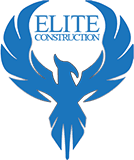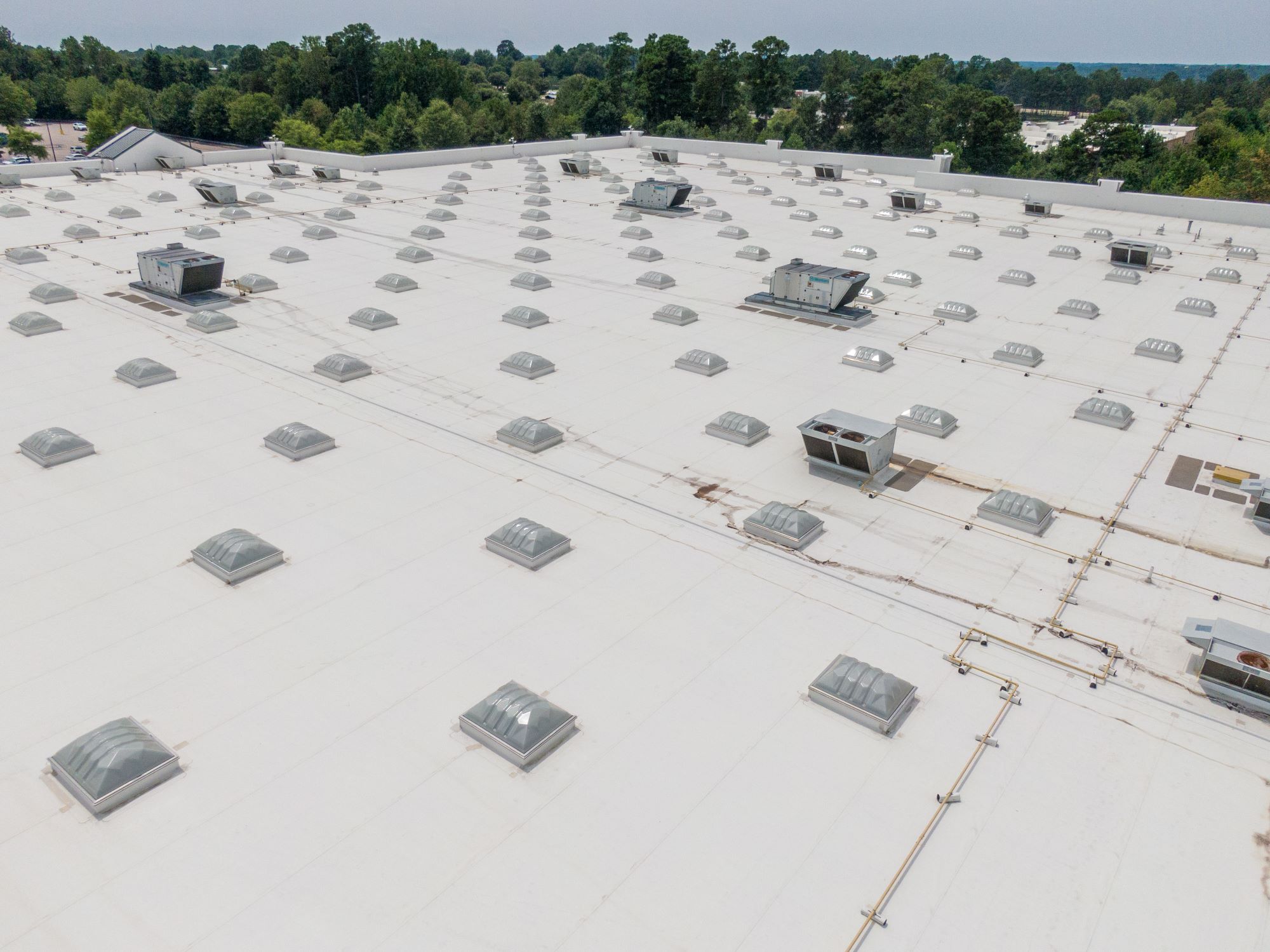When embarking on a roof replacement, seeking roofing services, or initiating a new roof installation, one critical question homeowners and business owners alike must consider is whether the roofing company they hire needs to be licensed and insured. This question is not only fundamental but also crucial for the protection of both the property owner and the integrity of the project, whether it involves a residential roofing company or commercial roof contractors. This essay explores the importance of hiring licensed and insured roofing professionals and how it impacts roof replacement, new roof installations, and roofing services at large.
The Importance of Licensing
Licensing serves as a hallmark of professionalism and expertise in the roofing industry. It indicates that a residential roofing company or commercial roof contractors have met the minimum criteria set by local or state authorities to perform roofing work. This typically includes passing competency exams about business practices and trade skills, proving financial stability, and maintaining a bond against unsatisfactory work.
A licensed roofing company is knowledgeable about building codes and regulations, ensuring that your roof replacement or new roof installation complies with local, state, and federal standards. This compliance is critical; failure to adhere can result in fines, legal issues, and the need to redo work that was not completed to code, leading to additional expenses and delays. Licensing, therefore, is not just a bureaucratic requirement; it is a protective measure that ensures roofing services are delivered competently and safely.
The Necessity of Insurance
While licensing protects against incompetence and non-compliance, insurance covers the financial risks associated with accidents, injuries, and damage to property. A reputable roofing company should carry two main types of insurance: liability insurance and workers’ compensation.
- Liability Insurance: This insurance protects the homeowner from damage that might occur to their property during the roofing process. Whether it’s a roof replacement or a new roof installation, roofing work can sometimes lead to unexpected property damage. Liability insurance ensures that the homeowner is not financially responsible for these incidents.
- Workers’ Compensation: Roofing is a high-risk occupation. Workers’ compensation insurance covers roofing professionals in case of work-related injuries. Without it, the property owner could be held liable for medical bills and other costs associated with an injury on their property. This coverage is essential for both residential roofing companies and commercial roof contractors to protect workers and property owners alike.
Licensing and Insurance: A Marker of Reliability and Trustworthiness
Hiring a licensed and insured roofing company is about more than meeting legal requirements; it’s about peace of mind. A licensed contractor has demonstrated knowledge and adherence to industry standards, while insurance coverage shows a commitment to protecting clients and employees from unforeseen events.
For roof replacements, the expertise of a licensed professional ensures that the work is done right the first time, preventing future issues and additional costs. During new roof installations, the complexity and scale of the project demand the oversight of contractors who are not only skilled but also fully accountable for their work. Similarly, for general roofing services, from maintenance to repairs, the risks involved require the safeguard that insurance provides.
Moreover, the presence of licensing and insurance is often a requirement for warranties to be valid. Many roofing material manufacturers will only honor warranties if the installation is carried out by licensed and insured contractors. This aspect underscores the importance of ensuring that any residential roofing company or commercial roof contractors engaged in your project meet these criteria.
The Role of Professional Associations
In addition to licensing and insurance, membership in professional roofing associations can further signify a roofing company’s commitment to quality and ethical standards. These associations often provide ongoing education, update members on the latest industry standards and practices, and may offer additional assurances through member accreditation programs.
Questions to Ask Your Roofing Contractor
When engaging a roofing contractor for a roof replacement, new roof installation, or any roofing service, it is prudent to ask the following questions:
- Are you licensed? Request to see proof of licensing and verify its status with the relevant authorities.
- Do you carry liability insurance and workers’ compensation? Ask for copies of the insurance certificates and confirm their validity.
- Are you a member of any professional roofing associations? Membership can be a bonus, reflecting a commitment to professionalism.
Conclusion
In the world of roof replacement, new roof installation, and roofing services, the necessity of hiring a licensed and insured roofing company cannot be overstated. These credentials serve as a foundation of trust, professionalism, and protection for both the property owner and the contractor. They ensure that residential roofing companies and commercial roof contractors operate within the bounds of the law, are accountable for their work, and are prepared to handle the unexpected. As such, when planning any roofing project, prioritizing the engagement of licensed and insured professionals is not only wise but essential for a successful and secure outcome.
- Roofing Company Denver CO
- Roofing Company Fort Collins CO
- Roof Installation Denver CO
- Roof Installation Fort Collins CO
- Roof Repair Denver CO
- Metal Roof Installation Denver CO
- Metal Roof Repair Denver CO
- Flat Roof Installation Denver CO
- Flat Roof Repair Denver CO
- Tile Roof Installation Denver CO
- Tile Roof Repair Denver CO
- Commercial Roofing Denver CO
- Roofing Company Littleton CO
- Roofing Company Colorado Springs CO
- Roofing Company Boulder CO
- Roofing Company Arvada CO
- Roof Installation Littleton CO
- Roof Installation Colorado Springs CO
- Roof Installation Boulder CO
- Roof Installation Arvada CO
- Roof Repair Fort Collins CO
- Roof Repair Littleton CO
- Roof Repair Colorado Springs CO
- Roof Repair Boulder CO
- Roof Repair Arvada CO
- Commercial Roofing Fort Collins CO
- Commercial Roofing Colorado Springs CO
- Commercial Roofing Boulder CO
- Roofing Company Longmont CO
- Roof Installation Longmont CO
- Roof Repair Longmont CO
- Metal Roof Installation Longmont CO
- Flat Roof Installation Longmont CO
- Home Remodeling Longmont CO
- Commercial Roofing Longmont CO
- Commercial Roof Replacement Denver CO
- Commercial Roof Replacement Longmont CO
- Commercial Roof Installation Denver CO
- Commercial Roof Installation Longmont CO
- Commercial Roof Company Denver CO
- Commercial Roof Company Longmont CO
- Commercial Roof Contractor Denver CO
- Commercial Roof Contractor Longmont CO
- Window Installation Denver CO
- Window Installation Longmont CO
- Window Contractor Denver CO
- Window Contractor Longmont CO
- Window Replacement Denver CO
- Window Replacement Longmont CO
- Window Installation Company Denver CO
- Window Installation Company Longmont CO

